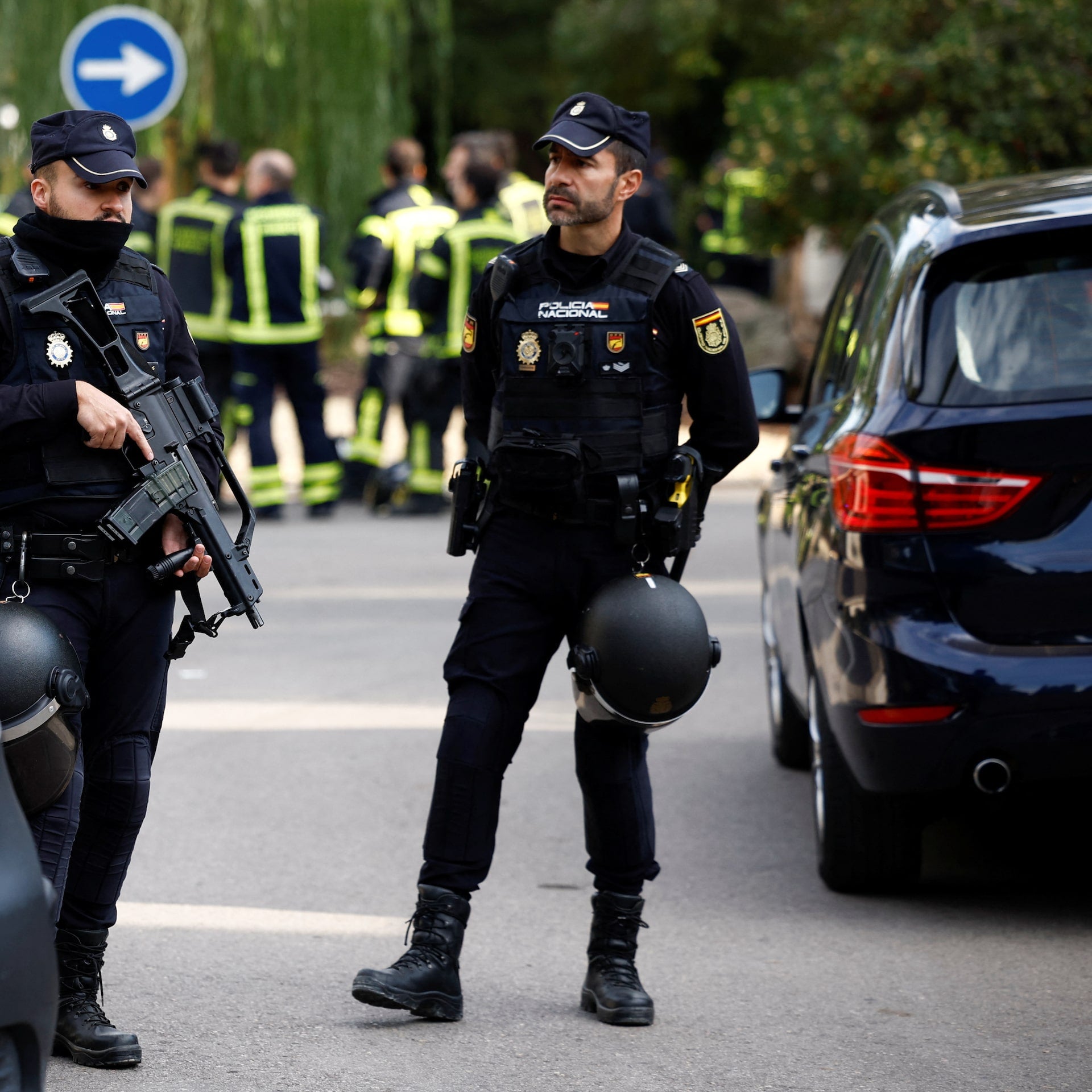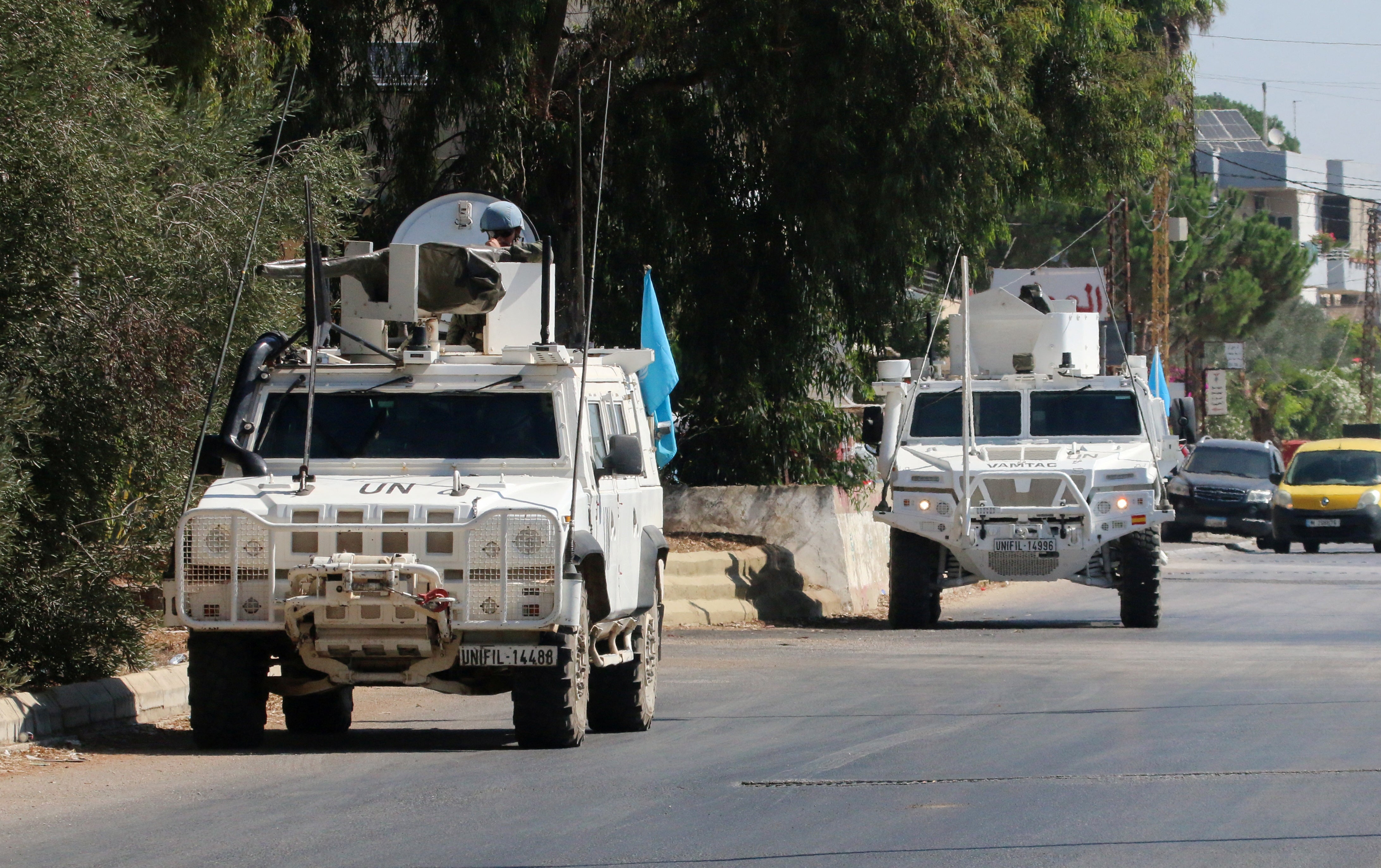
Spanish police say they seize “possible” chemical weapon precursors bound for Russia
PHOTO CAPTION: Reuters
MADRID (Reuters) - Spanish police have seized 13 tons of banned chemicals, including "possible" chemical weapons precursors, that were bound for Russia despite the sanctions imposed on Moscow for its invasion of Ukraine, they said on Tuesday.
The police said they had arrested four suspected members of a crime ring they believe was attempting to circumvent Western sanctions by illegally supplying chemical products to Russia via a shell company managed by "citizens of Russian origin".
"During the investigation, it was proven that internationally sanctioned chemicals, some of them possible precursors for chemical weapons or nerve agents, had been exported in the past using this company structure," national police and the tax authority said in a joint statement.
The statement did not say which chemicals were seized in the latest operation.
The chemicals were found inside a container at Barcelona's port, while the four suspects were arrested in the nearby villages of Sant Feliu de Guixols, Cerdanyola del Valles and Santa Perpetua de Mogoda. They face charges of sustained smuggling of banned goods.
The Spanish company had established a sophisticated logistical and financial network to export internationally sanctioned chemical products to Russia, police said.
It had a subsidiary in Moscow that ultimately received the chemicals, as well as several shell companies in countries such as Armenia and Kyrgyzstan to mask the true destination of the goods, which were later rerouted to Russia, they added.
The European Union, which has imposed sweeping sanctions on Moscow since 2022, has said it is making strides on clamping down on companies selling dual-use goods to Russia via central Asian states to circumvent the sanctions.
The United States and Britain have both accused Russia of violating an international ban on the use of chemical weapons on the battlefield in Ukraine, with London imposing sanctions on troops it said were involved in their use.
However, Russia has repeatedly denied the accusations, with Kremlin spokesman Dmitry Peskov telling reporters in May that Moscow remained bound by its obligations under the treaty that bans chemical weapons.
(Reporting by Emma Pinedo; Editing by David Latona and Ros Russell)










